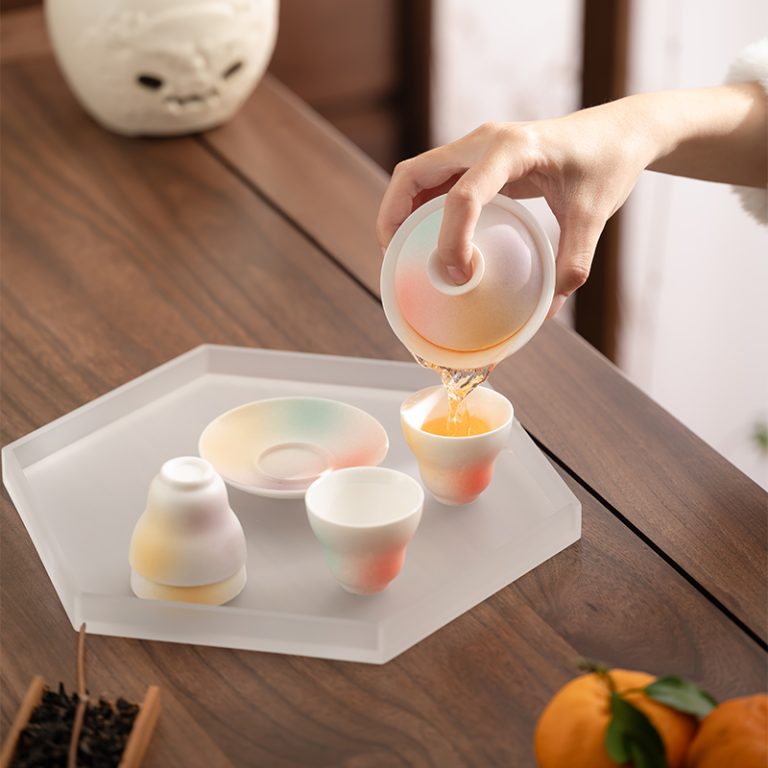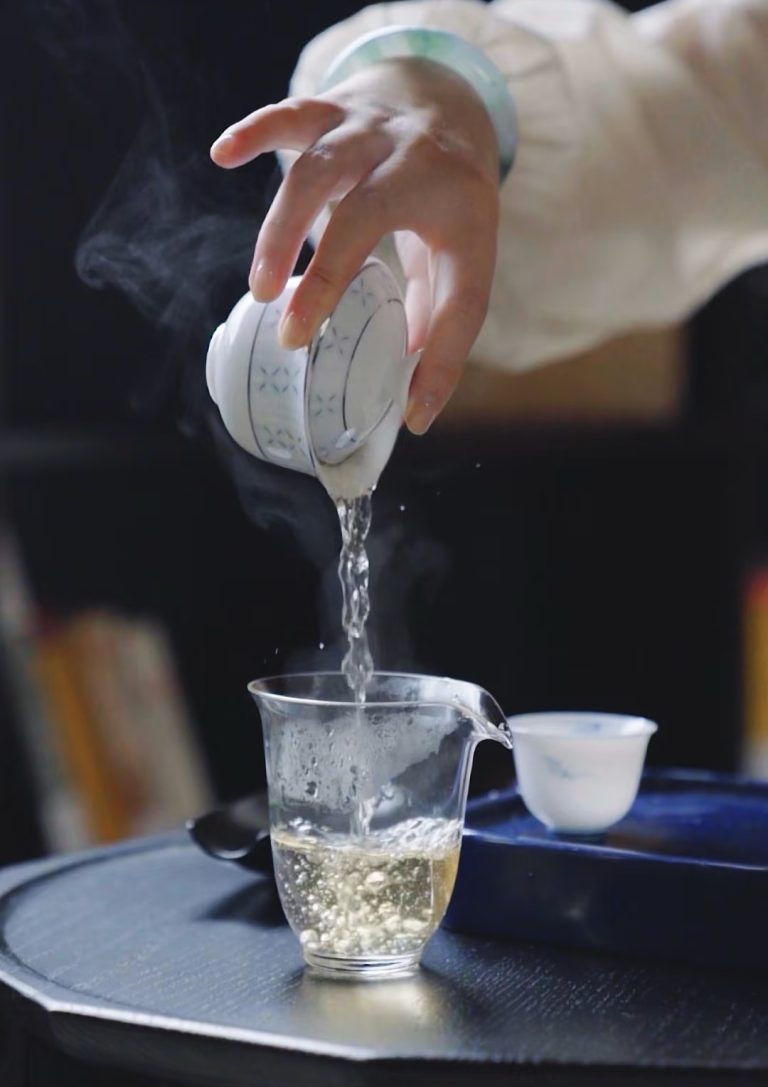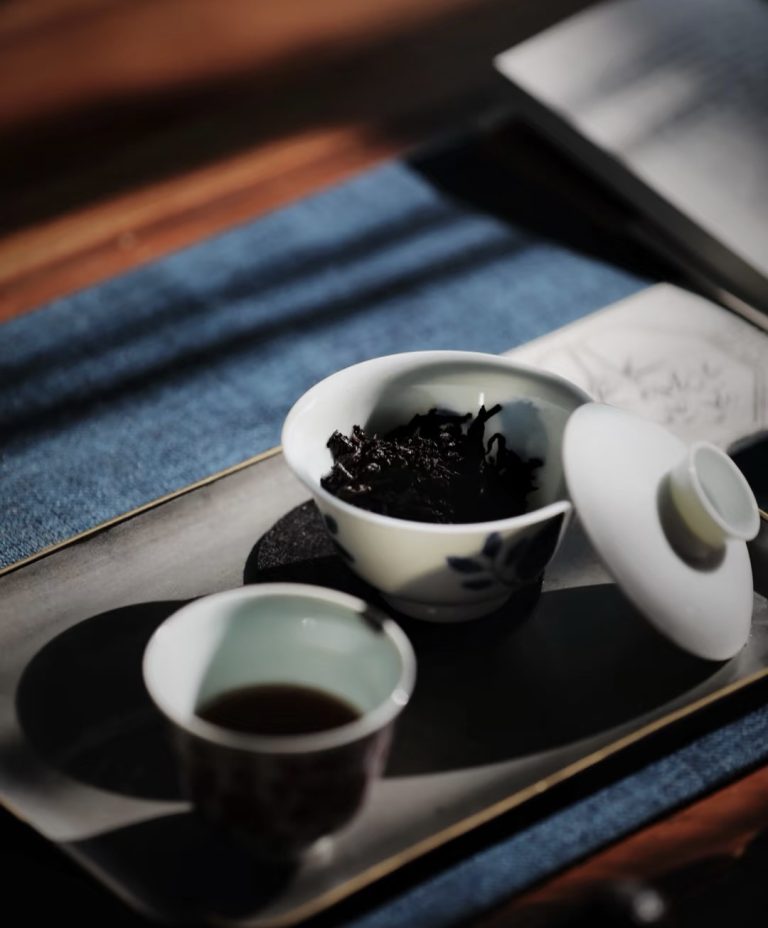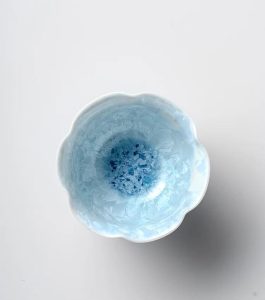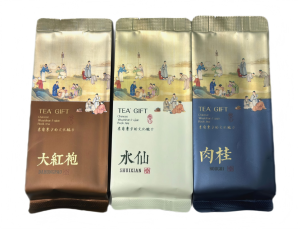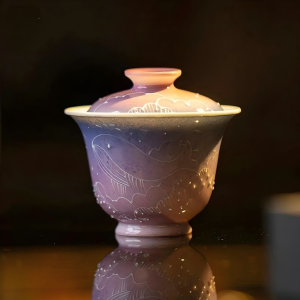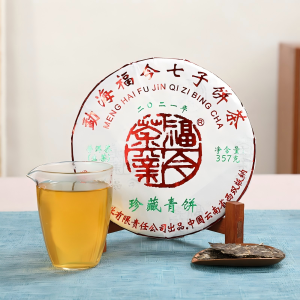
Tea is a beloved beverage enjoyed worldwide, but many wonder if it expires. The answer isn’t as straightforward as it may seem. Unlike perishable foods, tea doesn’t have an “expiration date” per se. However, its quality and flavor can degrade over time. This article will explore whether tea expires, how to store it properly, and how to identify when it’s past its prime. Plus, we’ll offer tips on extending the shelf life of your favorite tea.
Does Tea Expire?
The short answer is no, tea doesn’t expire in the traditional sense. Tea doesn’t go “bad” as food does, but over time, its flavor, aroma, and potency can diminish. Unlike perishable goods, tea leaves don’t pose a health risk after a certain point. However, their taste may not be as enjoyable. Essentially, tea has a shelf life—a period during which it maintains optimal flavor and quality, after which its freshness begins to fade.
Key Factors Affecting Tea’s Shelf Life
The shelf life of tea depends on several factors. Understanding these can help you maintain your tea at its best for as long as possible.
Tea Type
Different types of tea have different shelf lives. For example, green tea is delicate and has a relatively short shelf life, typically around 6 months to a year. It’s highly sensitive to oxidation and will lose its vibrant flavors quickly. On the other hand, black tea and oolong tea can last a bit longer—up to 2 years if stored properly. Pu erh tea, a type of fermented tea, can age well and may improve in flavor over time.
Storage Conditions
How you store your tea plays a significant role in its shelf life. Tea should be kept in a cool, dry place, away from direct sunlight. Exposure to heat, moisture, air, and light can accelerate the deterioration of the tea. Ideal storage conditions include a temperature range between 60°F and 75°F (15°C and 24°C). You should also keep it in an airtight container to protect it from humidity and air.
Packaging and Processing
The packaging and processing of tea also influence how long it stays fresh. Loose-leaf tea in airtight packaging (like metal tins or vacuum-sealed bags) generally lasts longer than tea stored in paper bags or boxes. Additionally, teas that undergo minimal processing—like green tea—are more susceptible to losing their flavor than those that undergo oxidation or fermentation, such as black tea or Pu Erh.
How to Tell If Tea Has Gone Bad
While tea doesn’t technically “expire,” you can tell when it’s past its prime. Here are a few signs to look out for:
Changes in Smell
Tea that has gone bad will lose its original aroma. If it starts to smell stale, musty, or like cardboard, it’s a sign that the tea has lost its freshness. Fresh tea should have a clean, vibrant, and often floral or grassy scent, depending on the type.
Changes in Appearance
Examine the tea leaves for any visible changes. If the leaves are discolored or have visible mold or mildew, this is a clear indication that the tea has gone bad. Some teas, particularly green teas, can become brittle and lose their rich green color over time.
Changes in Taste
Perhaps the most obvious sign that tea has lost its quality is a noticeable reduction in flavor. A flat or dull taste is often a result of aging tea. If the tea tastes bland or lacks the richness you expect, it’s likely past its best-by date.
Does Expired Tea Pose Health Risks?
In most cases, expired tea does not pose a health risk. While it may have lost its flavor and aroma, it won’t make you sick. However, tea that has been improperly stored (for example, in a humid or moldy environment) could develop mold, which should be avoided. Always check for any signs of mold or off-putting smells before brewing.
How to Extend the Shelf Life of Your Tea
To get the most out of your tea, here are some tips to help extend its shelf life:
Proper Storage Methods
Keep your tea in an airtight container to protect it from air and moisture. Glass jars, metal tins, or vacuum-sealed bags are ideal. Avoid storing tea in plastic bags, as they allow air to pass through and can lead to the tea losing its freshness more quickly. Store tea in a cool, dark place, away from sunlight, heat, and humidity.
Best Practices for Tea Consumption
While storing tea properly helps extend its shelf life, it’s also essential to consume it promptly. Try to use your tea within the recommended time frame for the best flavor experience. Teas like green tea and white tea are best consumed within six months to a year, while black tea and Pu erh tea can last longer if stored correctly.
While tea doesn’t technically “expire” in the same way food does, it does lose its flavor and aroma over time. By understanding how to store tea properly and knowing the signs of aging, you can ensure that your tea stays fresh for as long as possible. Remember, proper storage is the key to extending the shelf life of your tea and preserving its delightful flavors.
Whether you prefer oolong tea, black tea, or Pu Erh tea, following these simple storage guidelines will keep your tea in its prime for longer. Enjoy your tea while it’s fresh, and savor the best it has to offer!

